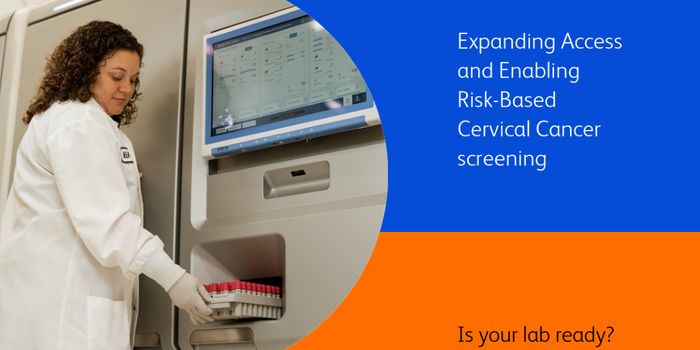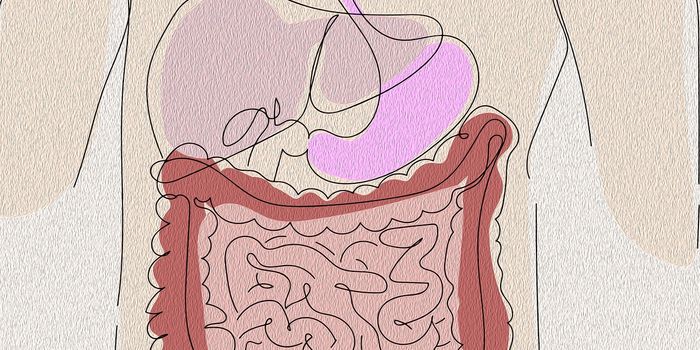Women successfully treated for breast cancer know that it could return. New research published in the journal Clinical Epigenetics and reported in
Drug Discovery News may lead to a simple blood test to determine the risk of such recurrence. The test could also predict the cancer invading other organs such as the lungs, bone or brain. It could have enormous implications for improving the future treatment of women with all kinds of breast cancer, a disease that affects one in eight women.

The study was conducted at the
Translational Genomics Research Institute (TGen). Researchers identified 21 DNA hypermethylation hotspots -- which are gene locations along the 3 billion chemical bases of DNA -- with increased levels of methylation that could indicate metastatic breast cancer.
According to Dr. Bodour Salhia, an assistant professor in TGen's Integrated Cancer Genomics Division, and the study's senior author, "These findings could lead to a highly sensitive blood-based test panel -- a type of liquid biopsy -- which could help improve the care of women with breast cancer. This 21-gene signature is a potential biomarker that could indicate patients who are at high risk of cancer recurrence, either in the breast or elsewhere in the body, and who might benefit from additional therapy to eliminate the potential of recurrence. This would be critically important information for oncologists as they consider ongoing treatments post surgery and/or the completion of each round of chemotherapy."
Biomarkers are indicator molecules, including proteins or DNA, that can be measured in blood, body fluids or tissue samples and can be used to diagnose or measure a particular disease or the effects of a treatment. Using whole-genome sequencing, researchers sought biomarkers in the cell-free strands of DNA (cfDNA) circulating in pooled samples of blood from 40 metastatic breast cancer patients. They then compared them to samples from 40 healthy individuals and 40 disease-free breast cancer survivors.
Despite the huge quantity of information obtained from other gene signatures now available, none can exactly predict the clinical course of an individual, the researchers said. Thus, clinicians rely on the presence of tissue at a single time point. Some patients considered high-risk do very well with standard therapy and never experience a recurrence, while some patients with low-risk profiles succumb to the disease. The TGen study identified 21 genes that were "differentially methylated," those that could have altered levels of methylation, all of which were consistently higher in patients with metastatic breast cancer as compared to the levels in healthy individuals and cancer-free survivors.
Dr. Sahlia concluded, "This study is one of the first whole-genome descriptions of methylation in blood, and the first unbiased study reporting on the circulating methylome of metastatic breast cancer. There is likely a predictive clinical window of opportunity to detect microscopic disease before the cancer spreads throughout the body. The next step would be to further validate the results using individual samples.”









